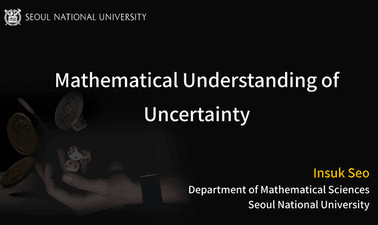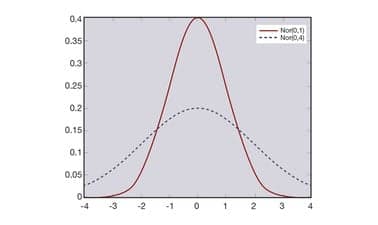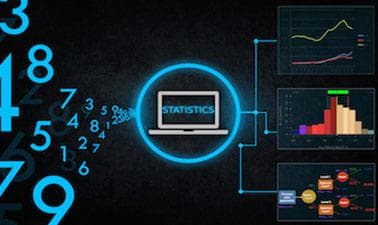GTx: Probability and Statistics III: A Gentle Introduction to Statistics
This course provides an introduction to basic statistical concepts. We begin by walking through a library of probability distributions – including the normal distribution, which in turn leads to the Central Limit Theorem. We then discuss elementary descriptive statistics and estimation methods.

- Certification
- Certificate of completion
- Duration
- 4 weeks
- Price Value
- $ 199
- Difficulty Level
- Intermediate









